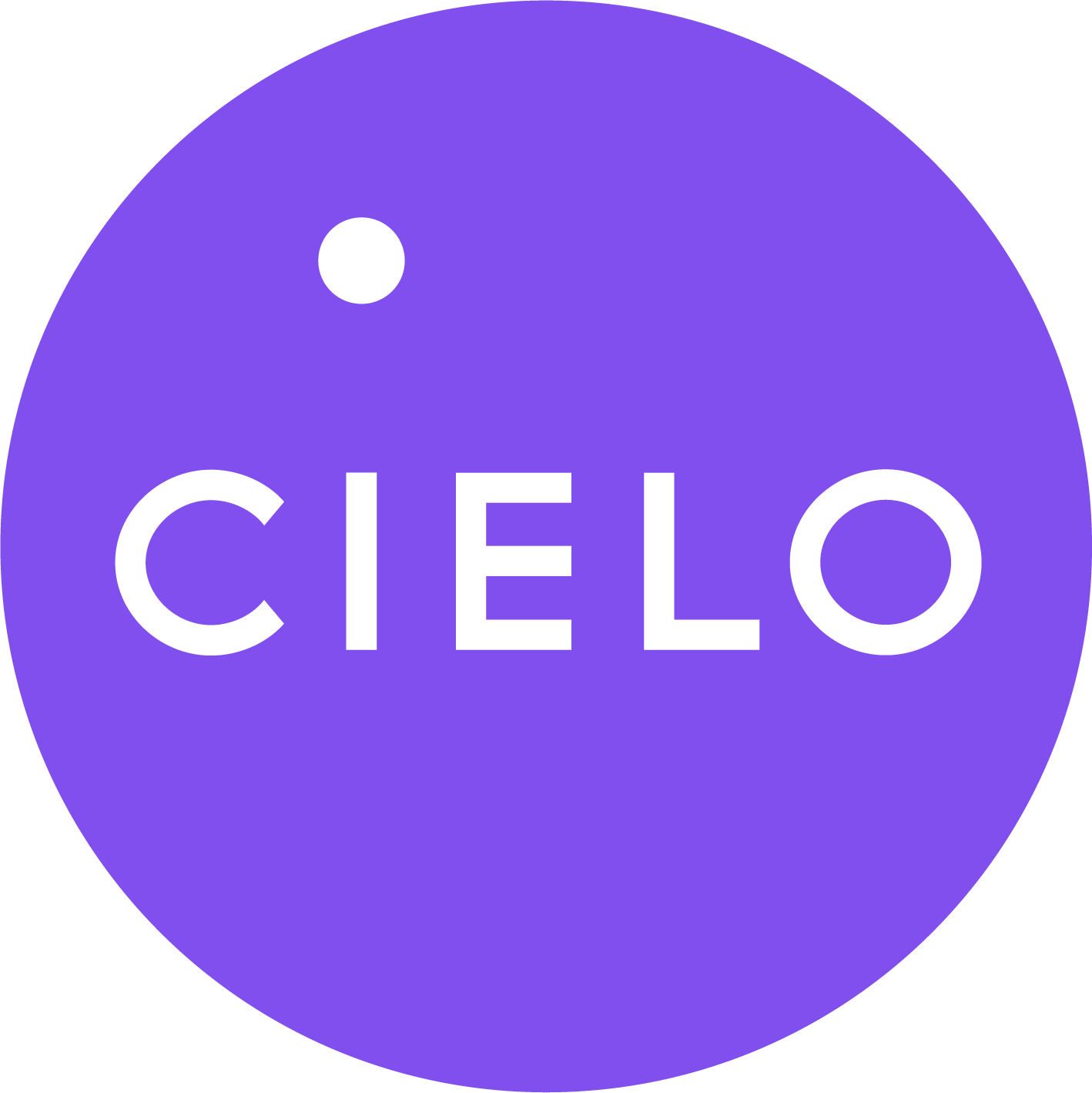There comes a time when all those “what ifs” become “right nows,” and talent acquisition has arrived at one of those turning points.
For instance, the potential energy of automation and artificial intelligence is becoming kinetic energy as more organizations find ways to integrate them into their recruiting processes. These technological advances will influence all aspects of talent acquisition, bringing much needed scale and flexibility, while having a tremendous impact on candidate experience.
Now, there is some nuance here. Not everything in the marketplace that is described as “artificial intelligence” fully meets that definition. Some of it is pure snake oil, while other products are more along the lines of Robotic Process Automation (RPA), meaning that they can perform computation or mimic a human interaction (think chatbots or devices like Echo or Alexa), but aren’t really “intelligent.” But regardless of what people call it, automation is going to blow our minds in the next few years and completely revolutionize how we attract, recruit and retain candidates.
Here is a guide to how each step of the candidate experience is likely to be affected by automation:
Attraction & Sourcing – Sourcing is an area that is a perfect fit for automation. Here at Cielo, we already post or update 5 million jobs per week through various networks, and can do as much as 30% of hires for a program using automated sourcing. We have also seen AI programs make huge leaps in this area, with Brilent’s AI-based talent recruitment software placing third in a sourcing competition. It did the work that took a team of well-trained people several hours to do in just 3.2 seconds. There will always be room for the human element in the search for niche, difficult-to-find talent. As more companies understand and equip new technologies, it becomes increasingly important to differentiate your messaging (through your human element) to garner candidate response.
Engagement – While chatbots can handle some duties like initial outreach and making the application process easier, people still figure in very prominently in engagement. Think about it, organizations are not going to get a lot of people to come work for them unless they personally reach out and say what a great organization they have. RPO firms need to keep this in mind and intentionally design new processes that purposely have that engagement in them.
Assessment – Decades of research tells us that job interviews are not a great method of selecting talent, with personal preferences and unconscious biases getting in the way. When all the resumes have come in and it’s time to decide which candidates warrant a closer look, it’s better to rely on cold, hard data rather than anything subjective. There are great tools that not only can match candidates with the job description, but also can determine if the person is a good fit for the organization’s culture. And it doesn’t really have a negative effect on candidate experience, because people expect more automation at this stage. In fact, they’ll probably appreciate it, as instead of some clunky, 45-minute survey, an automated DISC assessment can be done in about three minutes.
Selection – Interview scheduling, information gathering and further assessments can – and probably should – be automated. But ultimately, people will still make the decision on who gets hired. This trend is likely not going away anytime soon.
Offer – You might think the possibilities for automation would be pretty low in the offer stage. We thought so, too, until Carnegie Mellon University developed an AI program that defeated some of the world’s top poker players at their own game. We’ve seen computers excel at chess, Go, and other games, but what makes poker unique is that it requires you to bluff. You have to lie strategically to win, and that is definitely next-level stuff. That’s right, AI might soon play a part in salary and job negotiation.
Pre-employment – We can automate all the forms in the world – and we should – to make processes like background checks and other necessary pre-employment steps more uniform and simple. But beyond that, it is essential to hold on to that personal connection. This is where the candidate experience becomes the employee experience, and you don’t want to do all that work to get people to come to your company, only to have them be unhappy and start looking elsewhere.
High-Tech, High-Touch
Deploying technology smartly and strategically is going to be key through all this disruption. Don’t rush out and get the latest tool just to impress people, do your due diligence to identify where the pain points are in your recruitment process and determine whether automation or AI will solve it. As we like to say here at Cielo, technology is only as valuable as the human experience that it improves.
